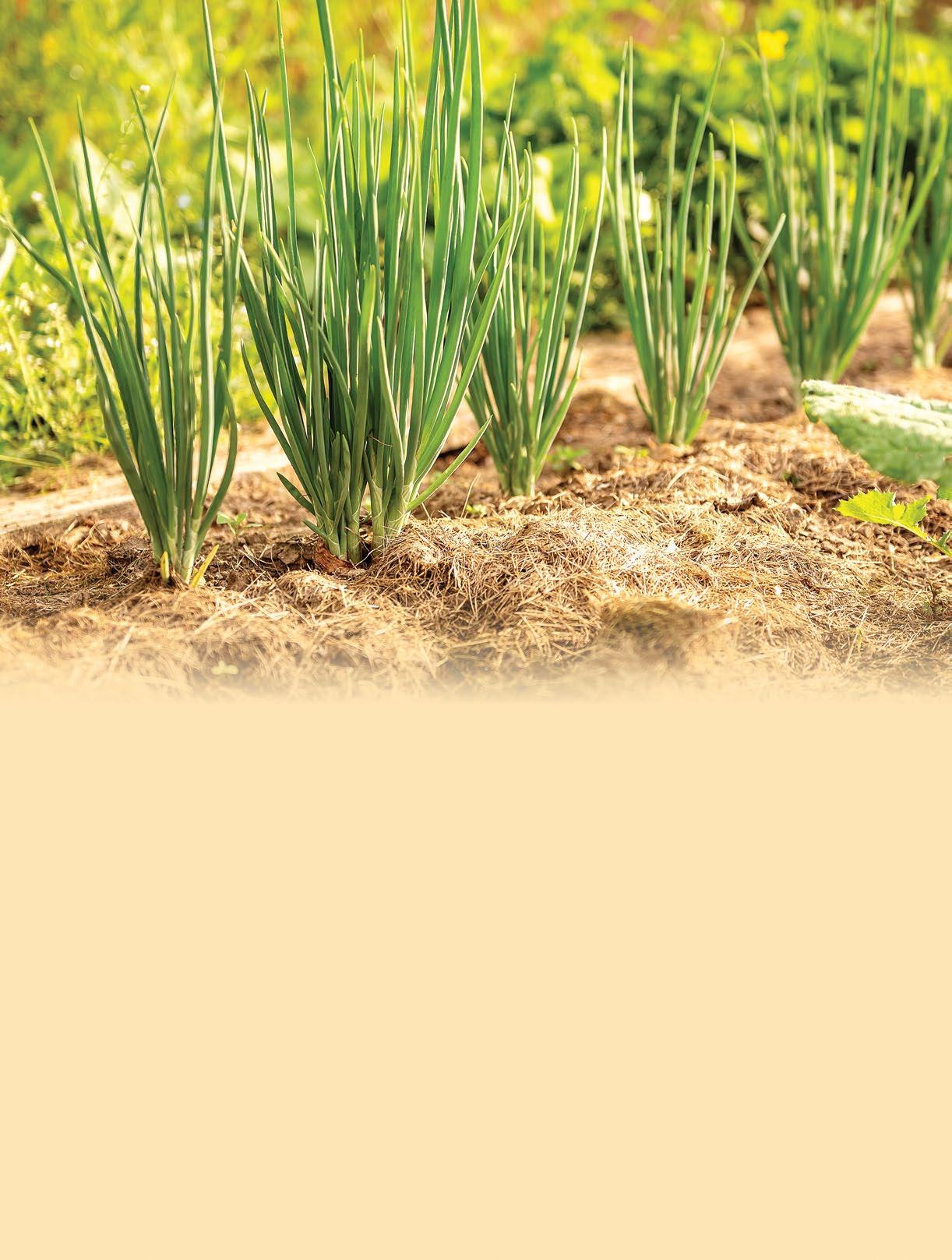
2 minute read
Hosta and other shade plants
A shady corner filled with hostas, with ligularia behind and geranium in front.
What to plant in the shady spot in the garden is a time-honoured question. But the answers are not as straightforward and direct as you might think, because shade is not an absolute.
Advertisement
There is dappled shade and part shade and deep shade and many variations in between. Deep shade is the most difficult and very little will grow where no light gets in. If you think about it, this just makes sense if you know that plants require light as the essential building block of life. Deep shade would be that place between houses where the sun never shines. You might get some moss to grow there.
What many people call deep shade is probably more dappled shade, under trees where light does filter through in a diminished way. Just as in the forest, where plants grow under trees in the densest areas, many plants are born to thrive here. This would include some, but not all, hostas, brunnera, pulmonaria (lungwort), goatsbeard, ligularia, astilbe, bergenia and heuchera (coral bells) to name a few. These are some of the mainstays of the shade garden. Many of the groundcovers are shade plants: the lamium, lily-ofthe-valley, mints, Canadian ginger, wood violets, ferns and so on.
But before rushing out to buy these plants, there are a few more questions to answer: is the shady site dry or wet? Is the soil rich with organic matter or sandy? Does the sun ever get around to shining in the spot for a few hours and if so, how many hours?
See? Shade gardens are not that simple. Having said that, they are deliciously cool and restful and well worth the effort to learn what does work. Dry shade is the most difficult, but many hostas are fine in dry shade as are heuchera, ajuga, cushion spurge, pulmonaria, astilbe and lamium.
Needing plenty of moisture is ligularia, Canadian ginger, wood violets, some ferns, lady’s mantle, some hostas, meconopsis (Himalayan blue poppy) and foxgloves.
This is not an exhaustive list. It is simply intended to give the novice gardener some starter ideas and these are all easy to grow and care for plants.

Lamium ‘Pink Pewter’.

Goatsbeard.

Ligularia ‘Desdomona’.

Astilbe.

Bunnera variegata.

Ligularia ‘The Rocket’ with sedum.

Lily of the valley.

Heucheras.










